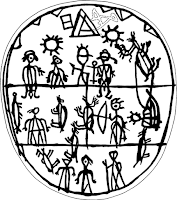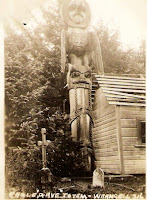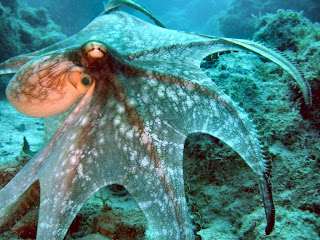DRUM TIME
 |
| Saami Shaman Drum |
The Sáami people (also spelled Sami) are one of the indigenous people of northern Europe inhabiting Sapmi, which today encompasses parts of northern Sweden, Norway, Finland and the Kola Peninsula of Russia but also in the border area between south and middle Sweden. Their ancestral lands span an area the size of Sweden in the Nordic countries. The Saami people are among the largest indigenous ethnic groups in Europe. Their traditional languages are the Sami languages, which are classified as members of the Finno-Lappic group of the Uralic language family (Wikipedia).
The phrase "Drum Time" refers to the time before our drums were banned by colonizers.
 My poems "Check The Box" and "Cartography" appear in Drunken Boat's First Peoples Issue. "Cartography" is a poem about the Noaide (shaman) drum.
My poems "Check The Box" and "Cartography" appear in Drunken Boat's First Peoples Issue. "Cartography" is a poem about the Noaide (shaman) drum.
Cartography
Grandmother, you chewed alder
to red paste, mixed ash
from woodstoves, a tincture
traced on swollen bellies, landmarks
for reindeer traveling to the sun—
Charcoal figures: fisher and boat,
hunter’s bow, a conduit between
skydome
and tundra.
You warmed painted hide
by camplight in the season before black
robes silenced our trances. Now, I peer
at drummed bellies
beneath a tree rising from center,
what remains hidden
in mountains near seidda—rock piles,
beneath sedge—sun-skins now mute
behind museum glass. I see your patterns
moving upon laavu walls
sketching tracks to the pulse of thumb,
hooves on the rim of my drum,
a map
lingering with lichen-scent, signposts
herding my migration toward home.
*Seidda: rock piles marking Sáami worship sites. Laavu: Sáami tent. Missionary efforts nearly wiped out our Sáami drums. In the 1600s, Sáami were ordered to dispose of the drums and attend church. Our Noiade (shamans) hid themselves and their drums in the mountains. Some families hid drums; others were burned or sold to museums.
 |
| My Shaman Drum |


Comments